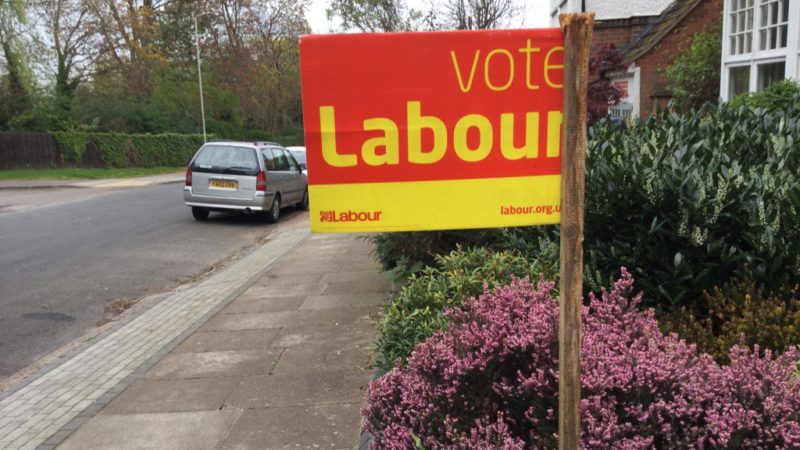
“Two of our councillors had their cars set on fire, totally burned out,” one councillor leader told the LGA Labour Group, as we discussed the rise in abuse faced by elected representatives. Dramatic as it seems, everyone had a story from their patch. Threats of violence, rape threats, death threats, bricks through windows, stalking, sexual harassment, councillors attacked at their ward surgeries and more.
This kind of abuse can have a damaging impact on people’s mental and physical health and can also have a negative impact on people’s families and personal relationships. While it certainly isn’t the day-to-day experience for most of the UK’s thousands of councillors, it is a very worrying trend. Any instances of violence and intimidation are completely unacceptable and too many councillors had experienced this first hand.
Our borough heard a controversial licensing case. Someone who disagreed with the meeting’s decision felt the appropriate way to respond was to threaten to rape the councillor chairing the meeting. He said he did it to get a reaction. (The reaction included him being arrested and charged.)
As politics becomes increasingly polarised, violence and aggression have become more normalised in political discourse. This is particularly thriving on social media. We have probably all witnessed appalling behaviour online. Bad behaviour online can be a red flag for bad behaviour online. A local resident sent some worrying tweets and emails to me. The police became involved and were brilliant. They took things seriously and took action. But when I contacted Twitter and reported the tweets, I was informed that they did not breach Twitter’s guidelines.
Sadly, I know others who have had similar experiences. There have been recent high-profile cases where Twitter have seemed to tolerate racist and sexist content, as well as other forms of hate speech. The Local Government Association Labour Group has raised this with ministers. Social media companies need to take responsibility for what they are enabling and the impact this has on people.
Local government has other asks. Due to concerns for personal safety, councillor’s home addresses will be removed from ballot papers. This is very welcome and something Labour has been campaigning for. We have recently written to ministers to ask that home addresses are also removed from online Registers of Interest.
It is important that councillors are accessible and the public can hold them to account. It’s important that people can be challenged, questioned and scrutinised over sensitive, difficult or unpopular issues. Scrutiny and accountability are essential in our democracy. There is a clear line, however, between robust political debate and abusive, violent and threatening behaviour. Personal safety and security in local government needs to be taken seriously and properly resourced by central government. We can’t have people put off from standing for elected office because they feel intimidated or fear for their safety.
Being a councillor is a privilege and a fantastic way to serve your community. I strongly encourage everyone thinking about becoming a councillor to give it a go. As a society, we have a duty of care to each other to call out bad behaviour online and in real life and take tough action on those committing offences. Even one instance is one too many.




More from LabourList
LGBT+ Labour suspends AGM amid fears of legal action over trans candidates running for women’s roles
‘Hyperlocal messaging can help Labour win elections: Here’s how’
Unite votes to re-examine relationship with Labour and suspend Angela Rayner